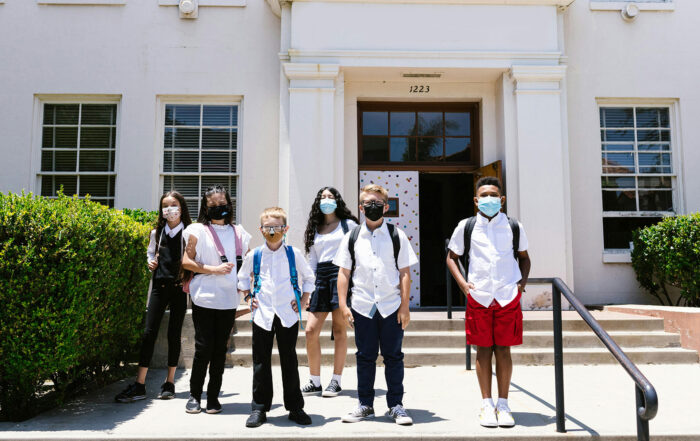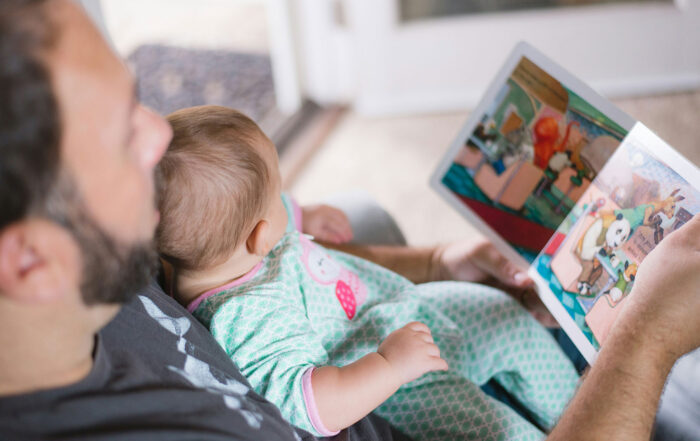
As the first day of school approaches, parents and children gather their backpacks as educators finalize lesson plans and ready their classrooms. The new school year offers a fresh start for students as well as an opportunity for academic success. However, up to 40% of students suffer from test anxiety, which contributes to lower grade point averages and decreased scores in standardized tests. Test anxiety is a multi-dimensional experience associated with cognitive (excessive worry about performance the night before or during the test; worry just after taking the test), physiological (heart racing, difficulty sleeping before the test), and behavioral components (avoidance of study). The cognitive dimension of test anxiety can be exceptionally difficult for students to cope with and reconcile. For example, despite preparing, students may believe that, while taking the test, they aren’t ready for it, and that the content is too challenging for them. Experiencing these thoughts during tests can result in diminished concentration on test material, making it more difficult for students to retrieve the information that they have studied and do well on the test.
Students can experience text anxiety for a number of reasons. Some children have difficulty learning or struggle with paying attention, which intensifies anxiety about tests. Children who seem more concerned about making mistakes, such as playing poorly in sports, or performing in front of others, may also be at risk for test anxiety.
Share This Post!
What is test anxiety and how can we support students when they experience it?
As the first day of school approaches, parents and children gather their backpacks as educators finalize lesson plans and ready their classrooms. The new school year offers a fresh start for students [...]
Managing stress during the COVID-19 pandemic
While we are all focusing on taking care of our physical health as the outbreak of COVID-19 develops, it’s also important to keep our mental health a priority. When there is a [...]
Integrating parents with trauma histories into child trauma treatment: Establishing core components.
To identify core components of parent/caregiver integration into evidence based child trauma treatment models, specifically those parents/caregivers who have experienced trauma themselves. The Parent/Caregiver Trauma and Healing Coordinating Group (PCTHCG) of the [...]
‘All Kinds Of Trauma’: Students Are Returning To School, But Are We Ready To Help Them Cope?
Rosalinda Guzman was inside a bathroom stall at school when something begged for attention. It was on the door, where the school posts announcements. “That little tiny piece of paper was just [...]
Identifying the Intersection of Trauma and Sexual Orientation and Gender Identity: Part I: Key Considerations
WHY ASK ABOUT SEXUAL ORIENTATION AND GENDER IDENTITY? There is a growing body of evidence showing that Lesbian, Gay, Bisexual, Transgender, and Queer/Questioning (LGBTQ+) youth suffer from potentially traumatic events (PTEs) at [...]
Heal trauma with rhythm
Anyone who’s soothed a fussing baby knows that gentle rocking often does the trick. The vestibular (balance-related) stimulation that rocking creates is certainly a part of that. Equally important is the rhythm [...]







